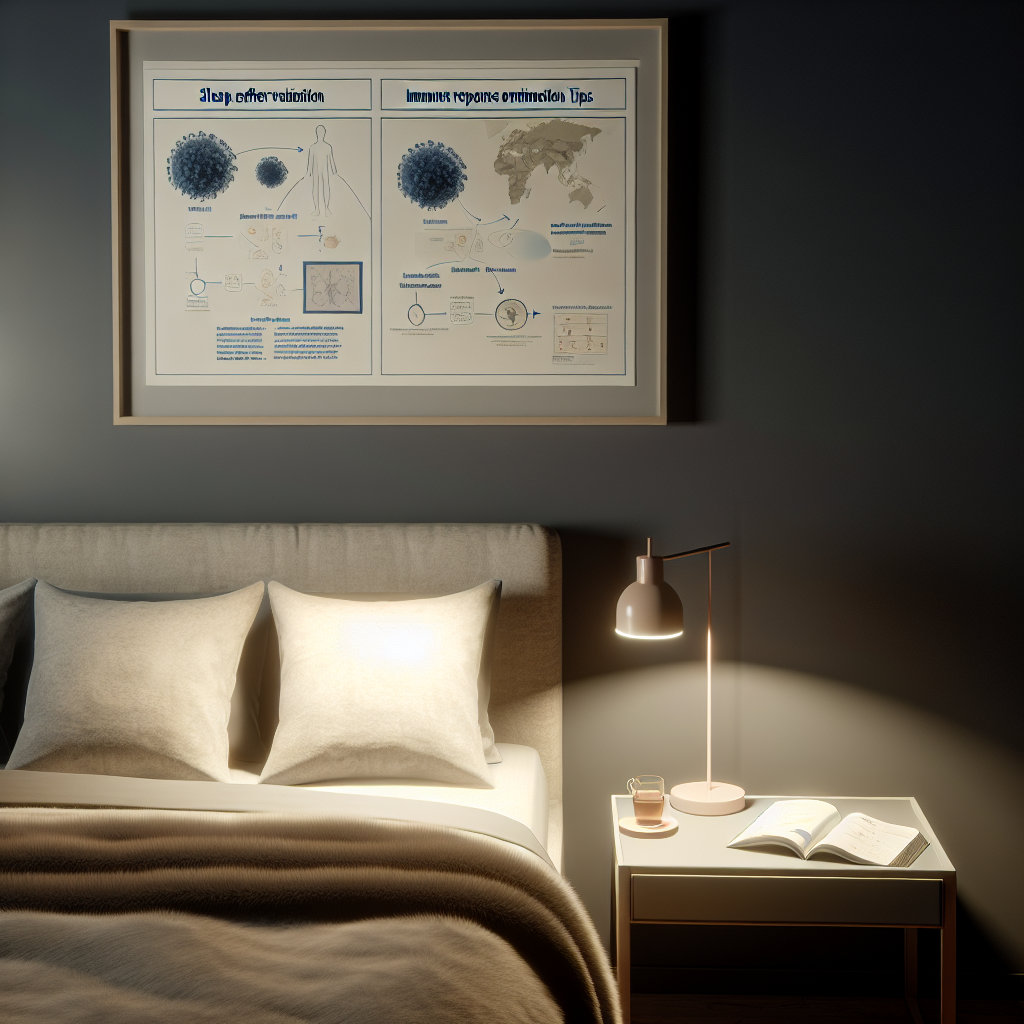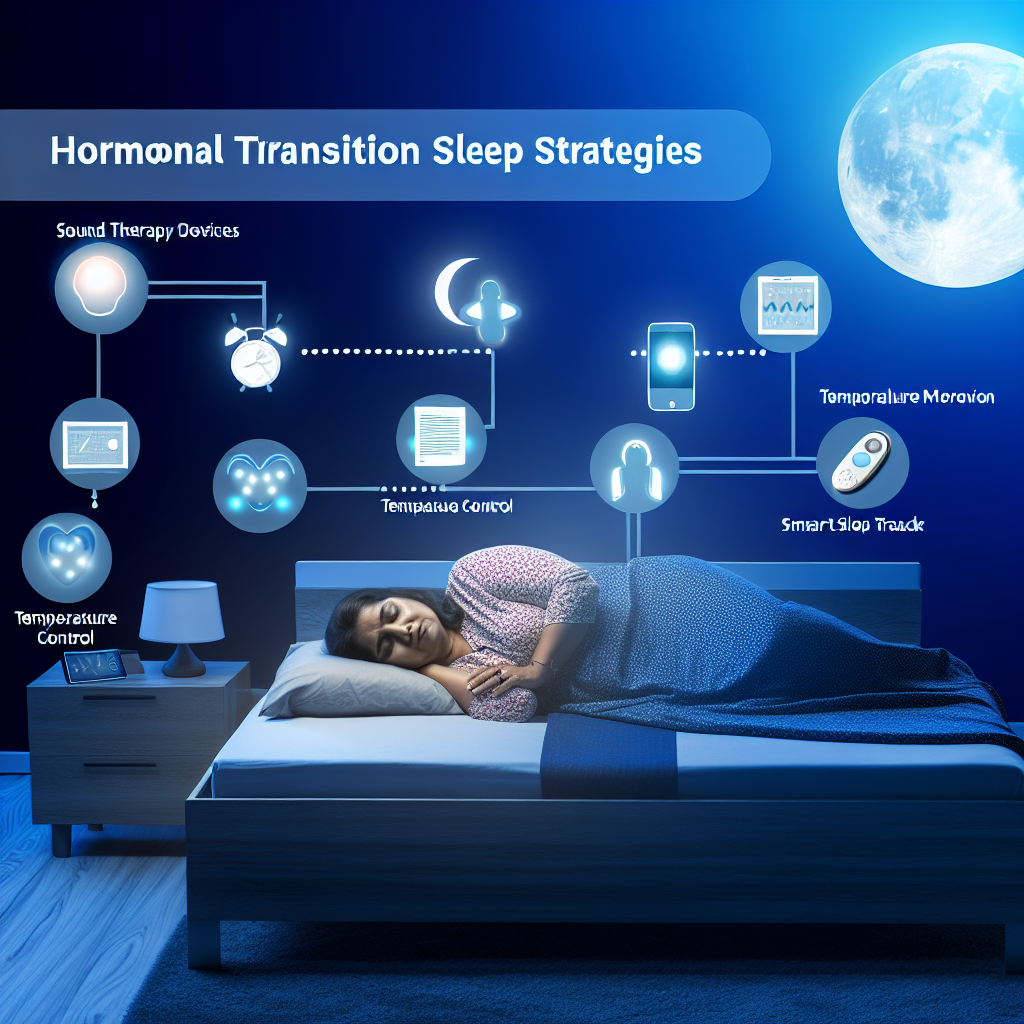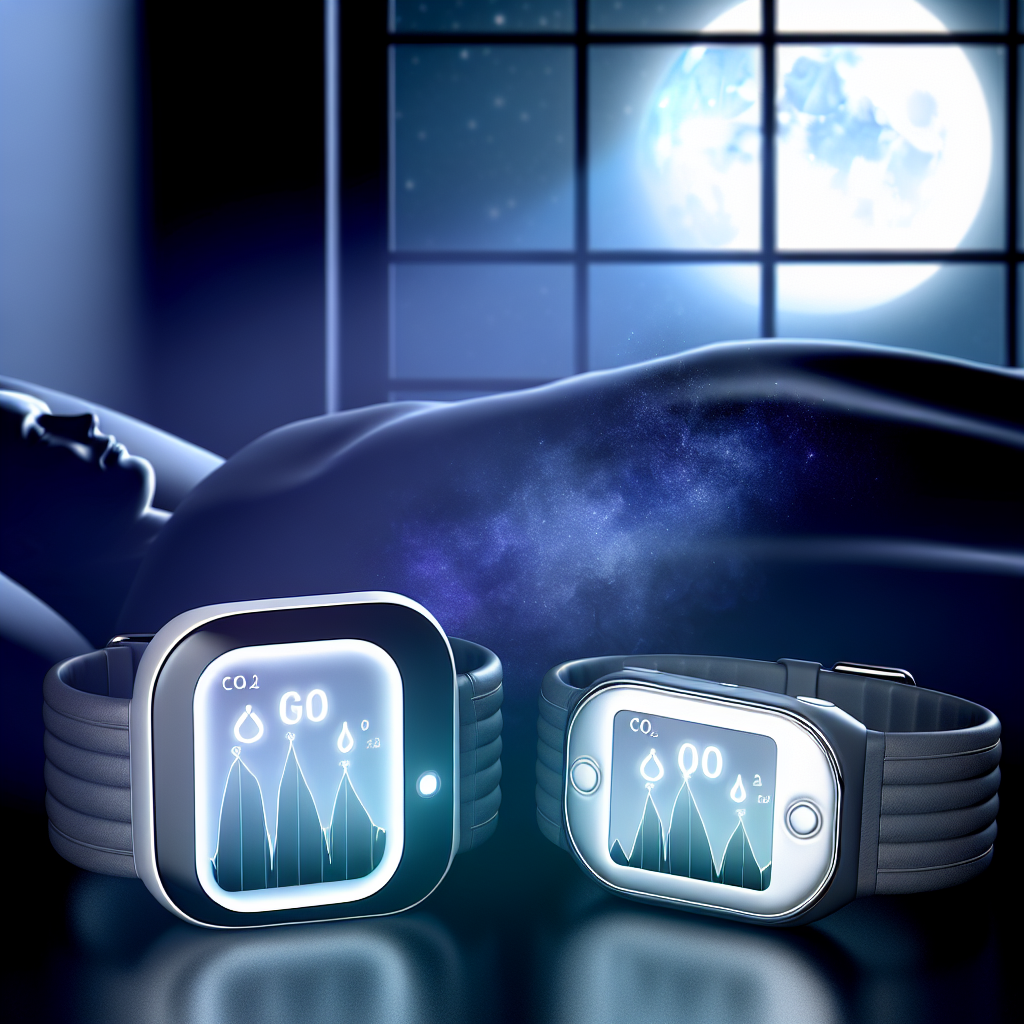Sleep Quality After Vaccination: Immune Response Optimization Tips
Why Sleep Matters More Than Ever After Vaccination
Sleep has long been recognized as a cornerstone of optimal health, playing a vital role in physical recovery, mental stability, and immune function. One of the most critical moments when sleep is especially important is following a vaccination. Whether it is a flu shot, COVID-19 vaccine, or a travel immunization, research has shown that sleep can significantly affect the body’s immune response to vaccines. As the body works to build protection post-vaccination, supporting immune system efficiency through quality sleep becomes not just beneficial—but essential.
Vaccination works by introducing a harmless component of a pathogen—usually an inactivated virus or a piece of its genetic material—into the body, prompting the immune system to produce antibodies. These antibodies essentially learn how to recognize and combat the real pathogen if encountered in the future. However, the immune system doesn’t operate in a vacuum; it relies heavily on other aspects of health, including rest. During sleep, the body undergoes a range of physiological changes that facilitate healing and regeneration. Among these changes are the heightened production of cytokines—proteins that are crucial for mediating immune responses.
Interestingly, sleep loss, even when moderate, can significantly diminish the antibody response to vaccines. For example, people who do not get enough sleep in the days surrounding a vaccination may produce fewer antibodies and thus gain less protection from the vaccine. Conversely, ensuring ample rest before and after immunization may enhance the body’s responsiveness, aiding in quicker and more robust immunity.
What makes sleep particularly unique in this context is its bidirectional relationship with the immune system. Not only does the immune system affect sleep—for instance, cytokine activity can increase drowsiness—but sleep itself also influences how efficiently the immune system functions. Given growing concern about emerging viruses and the emphasis on preventive health, understanding how to optimize sleep around vaccination is an essential part of modern wellness.
In this article, we’ll explore scientific findings on the relationship between sleep and vaccine efficacy, and offer actionable tips to improve sleep quality during the critical period before and after a vaccination, helping people of all ages to maximize their immune defenses.
What Science Says: Sleep Enhances Vaccine Power
Several landmark studies have explored the relationship between sleep and vaccination efficacy, establishing a strong correlation between adequate sleep and more effective immune responses. One of the most cited studies on this topic was published in 2002 in the journal JAMA (Journal of the American Medical Association). Researchers found that individuals who were restricted to four hours of sleep per night for several days before receiving an influenza vaccine showed significantly lower antibody responses compared to those who received normal sleep. This study demonstrated that sleep deprivation could impair the ability of the body to mount a full immune defense post-vaccination.
Another notable study published in Sleep journal in 2012 reaffirmed this link. Researchers analyzed individuals who received the hepatitis B vaccine and tracked their sleep habits. The participants who slept fewer than six hours per night were 11.5 times more likely to be left unprotected by the vaccine, compared to those who regularly slept more than seven hours. The results were consistent across age ranges and genders, indicating that everyone—children, adults, and seniors alike—stands to benefit from prioritizing sleep when getting vaccinated.
More recently, in light of global COVID-19 vaccination efforts, interest in this area of research has surged. A 2021 study published in Current Biology found that people who had better sleep continuity and longer sleep durations in the week surrounding COVID-19 vaccination developed a stronger immune response, as measured by higher antibody titers. This further underscores the idea that quality sleep is a modifiable behavior that can enhance vaccine effectiveness.
On a biological level, this connection makes sense. Sleep promotes the functioning of T-cells, which directly target pathogens, and helps regulate the production of cytokines and other immune signaling molecules. Deep, slow-wave sleep in particular appears to be especially important, representing the time when immune activity is most elevated.
The emerging consensus among healthcare professionals, sleep medicine specialists, and immunologists is that sleep should be considered a key component of public health vaccination strategies. Recommendations now often include advice about sleep in pre-vaccination guidelines provided by clinicians and health agencies.
7 Expert Tips to Improve Sleep After Vaccination
To maximize the immune-boosting effects of sleep during the vaccination window, the following strategies are highly recommended:
- Prioritize Sleep Before Vaccination
Aim for at least 7–9 hours of sleep per night in the week leading up to getting a vaccine. This ensures that your immune system is functioning at its best and is primed to respond robustly to the vaccine. - Continue Good Sleep Hygiene Post-Vaccination
The 48–72 hours after a vaccination are critical for immune memory formation. Continue getting quality sleep during this period to help your body develop a strong, lasting antibody response. - Create a Sleep-Inducing Environment
Ensure your bedroom is cool, dark, and quiet. Remove electronic devices at least one hour before bed to allow melatonin production, often referred to as the sleep hormone, to function optimally. - Limit Caffeine and Alcohol
Both substances can disrupt deep sleep. Avoid them in the afternoon and evening when aiming for optimal sleep, particularly around vaccination days. - Manage Pain and Discomfort Naturally
Mild soreness or fever after vaccination can occasionally interfere with sleep. Use a cool compress on the injection site or take a warm bath before bed to relax the body. Over-the-counter medication like acetaminophen can be used if needed, but always consult a doctor first. - Stay Consistent with Sleep Schedule
Going to sleep and waking up at the same time each day helps regulate your natural circadian rhythm, improving sleep quality and immune system performance. - Stay Hydrated and Avoid Heavy Meals Before Bed
Mild dehydration and indigestion can both interfere with restful sleep. Drink plenty of water throughout the day and opt for a light snack if needed before bed.
Conclusion: Let Sleep Be Your Secret Weapon
As the science clearly shows, sleep is not just a luxury—it is a vital contributor to immune system success, particularly in the context of vaccination. Evidence from robust medical studies highlights that sufficient sleep before and after receiving a vaccine can substantially strengthen the body’s antibody response. In contrast, poor sleep may reduce the vaccine’s effectiveness, leaving individuals more vulnerable than necessary.
For children, adults, and older adults alike, integrating optimal sleep hygiene around the time of immunization can significantly bolster vaccine protection. Parents should ensure their children get consistent rest before getting routine immunizations, just as adults should tailor their schedules to allow ample sleep when preparing for seasonal or travel vaccinations.
By understanding the deep connection between sleep and immune function, we empower ourselves to take one more evidence-based step toward better health. At medoze.com, we believe that optimal sleep transforms lives—so why not start your wellness journey with your next vaccination? Make sleep a priority, give your immune system the support it deserves, and strengthen the protection your vaccination provides.
References
- Spiegel, K., Sheridan, J. F., & Van Cauter, E. (2002). Effect of sleep deprivation on response to immunization. JAMA.
- Prather, A. A., et al. (2012). Sleep and antibody response to hepatitis B vaccination. Sleep.
- Benedict, C., & Cedernaes, J. (2021). Could a good night’s sleep improve COVID-19 vaccine efficacy? Current Biology.
Concise Summary:
The quality of sleep before and after vaccination plays a crucial role in the body’s immune response and antibody production. By prioritizing adequate sleep hygiene, individuals can significantly enhance the effectiveness of their vaccinations, providing stronger protection against potential illnesses. Implementing practical sleep strategies, such as maintaining a consistent sleep schedule, creating a conducive sleep environment, and managing

Dominic E. is a passionate filmmaker navigating the exciting intersection of art and science. By day, he delves into the complexities of the human body as a full-time medical writer, meticulously translating intricate medical concepts into accessible and engaging narratives. By night, he explores the boundless realm of cinematic storytelling, crafting narratives that evoke emotion and challenge perspectives.
Film Student and Full-time Medical Writer for ContentVendor.com




